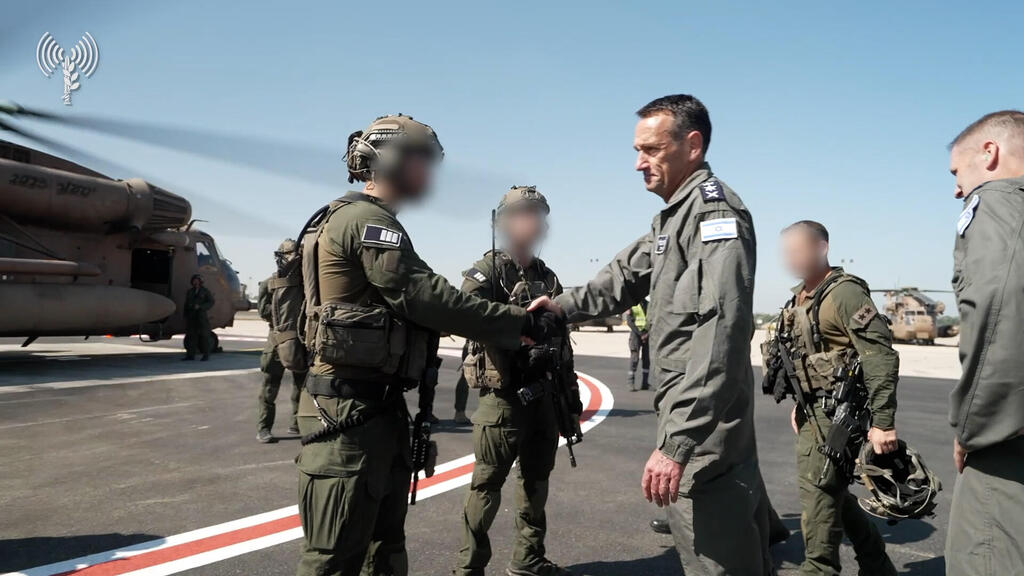Getting your Trinity Audio player ready...
Officials in the military said on Tuesday that they hope that the threat to refuse to serve made by volunteers in the Air Force and other elite IDF units, would not be carried out after the Knesset passed a bill to curb the power of the Supreme Court although at least 500 of them already notified their commanders, dozens in the hours after the vote. Thousands of pilots and officers said they would not serve a non-democratic regime.
More stories:
According to officials, the military will have no more than a number of weeks, before the effects of the reservists' absence is felt while Prime Minister Benjamin Netanyahu and senior commanders in the IDF hoped for a change of heart from those who fill critical military rolls.
Although the IDF would not publicly comment on its readiness for war, Finance Minister Bezalel Smotrich, who also serves as a minister in the Defense Ministry, said the military was not affected, based on the briefing provided to members of the security cabinet on Monday.
Chief of Staff Herzi Halevi in his meeting with the prime minister, said members of the coalition should stop disparaging pilots, as they have been doing, while there has been no pushback from political leaders and as the social discord increased, including when ministers shared an inciting video clip online depicting Air Force pilots abandoning troops on the ground who were under fire. The clip which was shared by National Security Minister Itamar Ben-Gvir and Culture and Sports Minister Miki Zohar caused outrage and prompted an outcry from families of fallen IDF soldiers.
The officials say there is a concern over the effects of the legislation and the protests against it, weakening the IDF and impacting the unity of its members, including those currently serving, and hope that Defense Minister Yoav Gallant and senior commanders would take action to calm tensions but warn that if the reservists follow through on their threat, the military will suffer.
3 View gallery


Chief of Staff Herzi Halevi with reservists serving as Air Force Pilots
(Photo: IDF Spokesperson's Unit)
It is up to the commanders of the Air Force and the Intelligence forces to repair the loss of trust between the volunteer reservists and the leadership amid fears that many who are currently contractually committed to service, will leave when their contracts are up at a time when the IDF is struggling to hold on to qualified personnel.
On Monday, Mossad Chief David Barnea told senior officials of the organization that he would be on the right side of history should a constitutional crisis emerge in the wake of the legislation. The Supreme Court will be required to rule on the validity of the reasonability law, the first in the coalition's judicial overhaul, which passed in a 64 to 0 vote after the opposition refused to participate
"We serve a democratic state and are not currently in a constitutional crisis. If we find ourselves in one, we will act according to legal council," Barnea told his staff.



